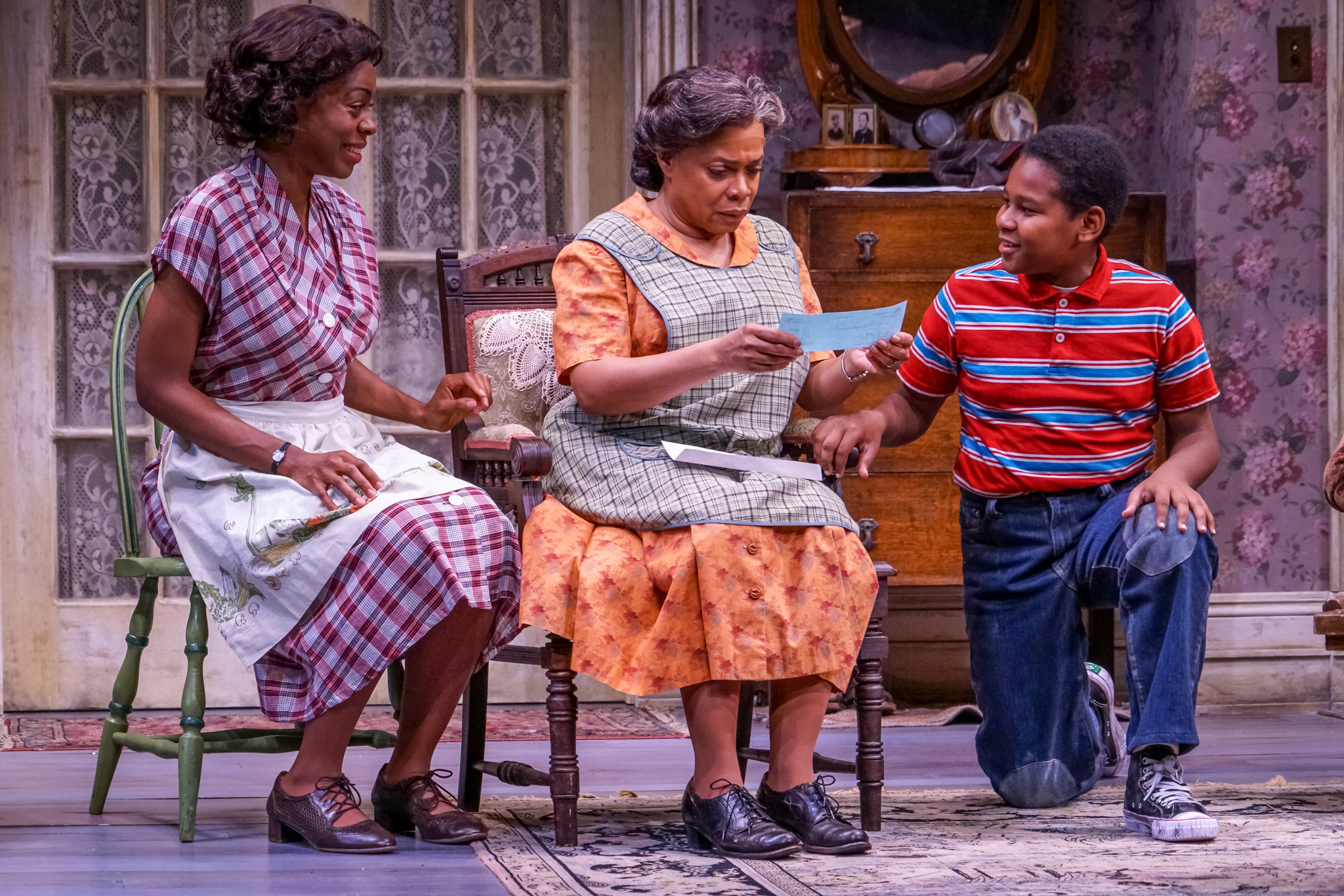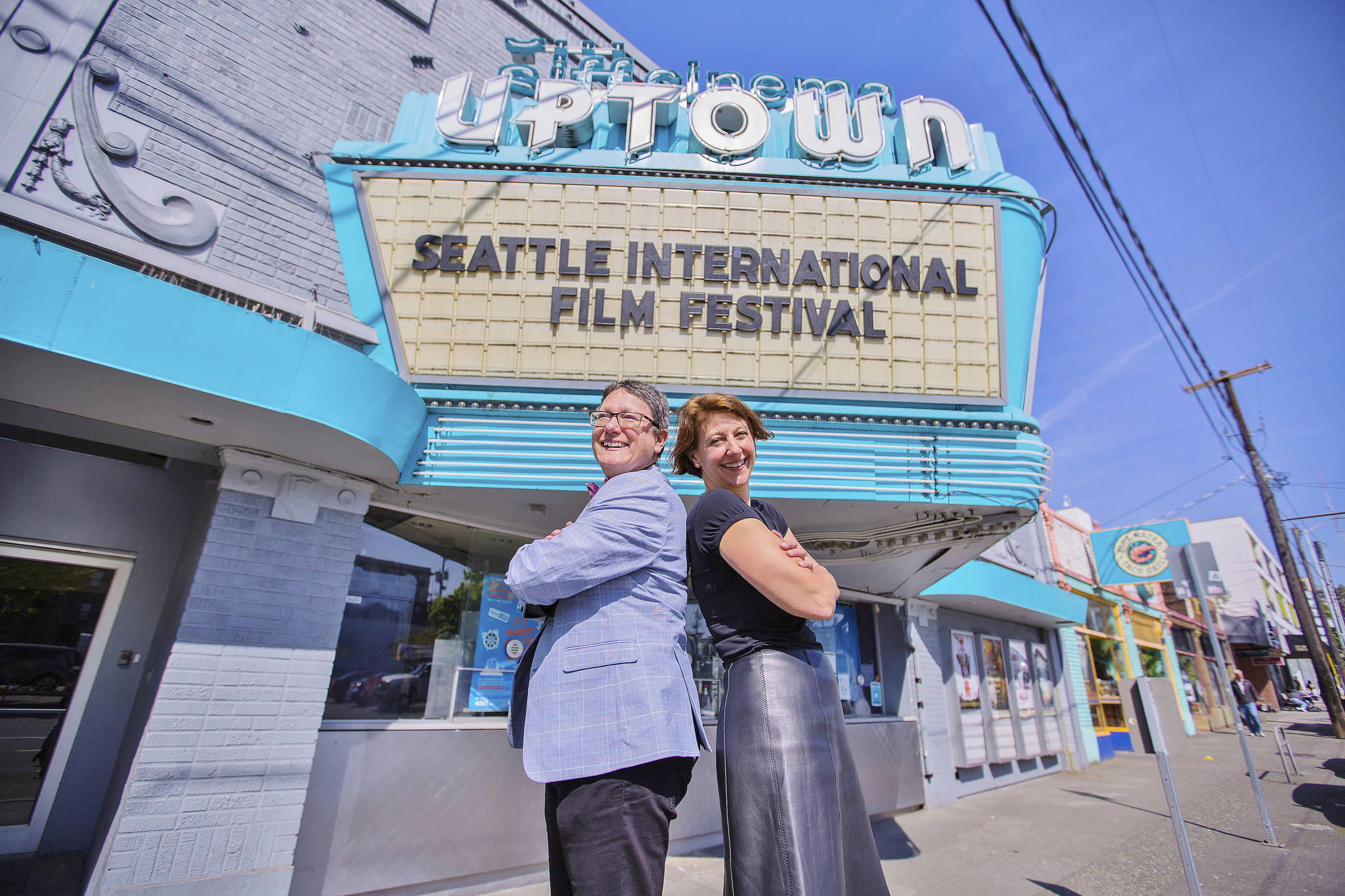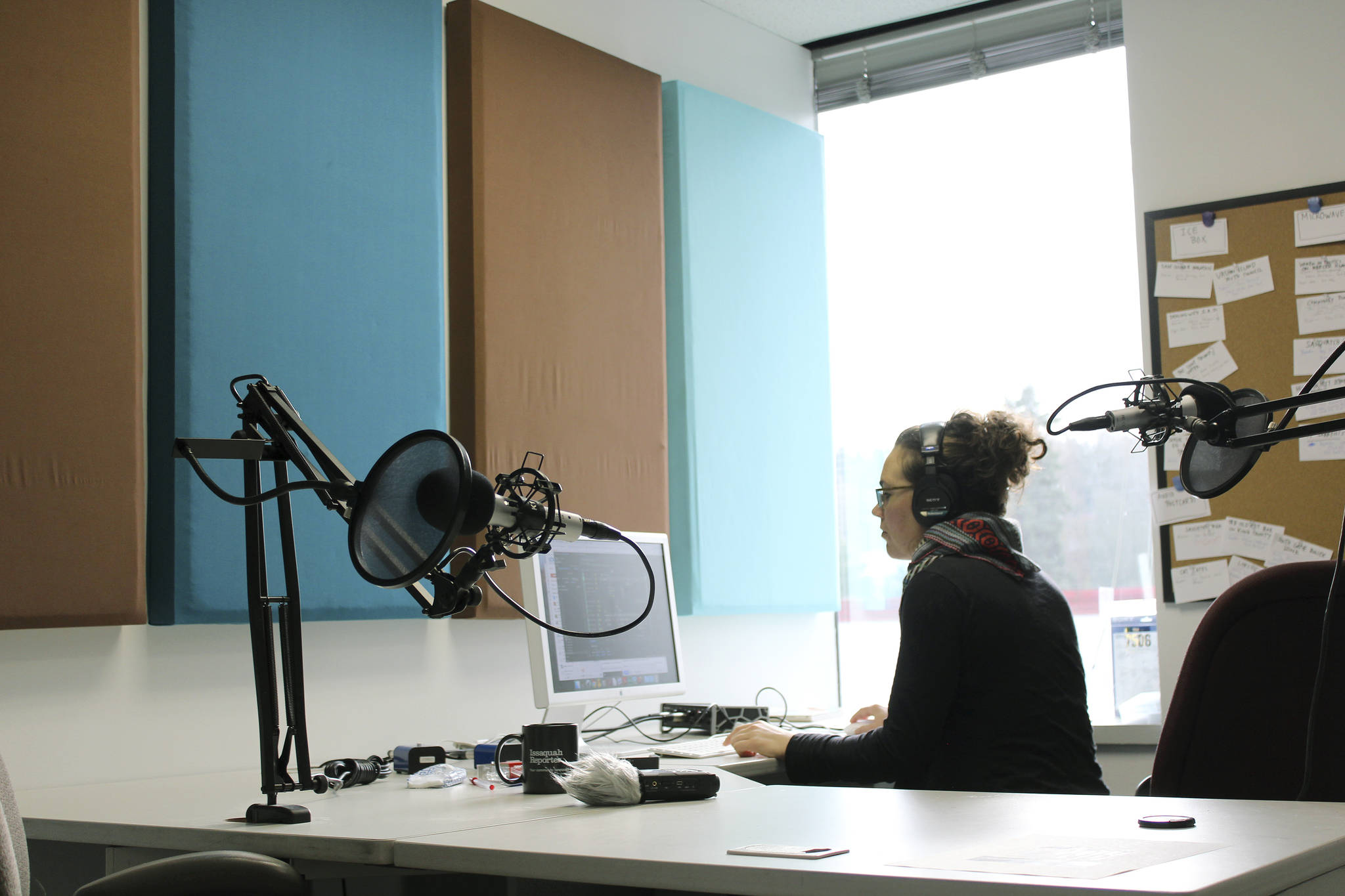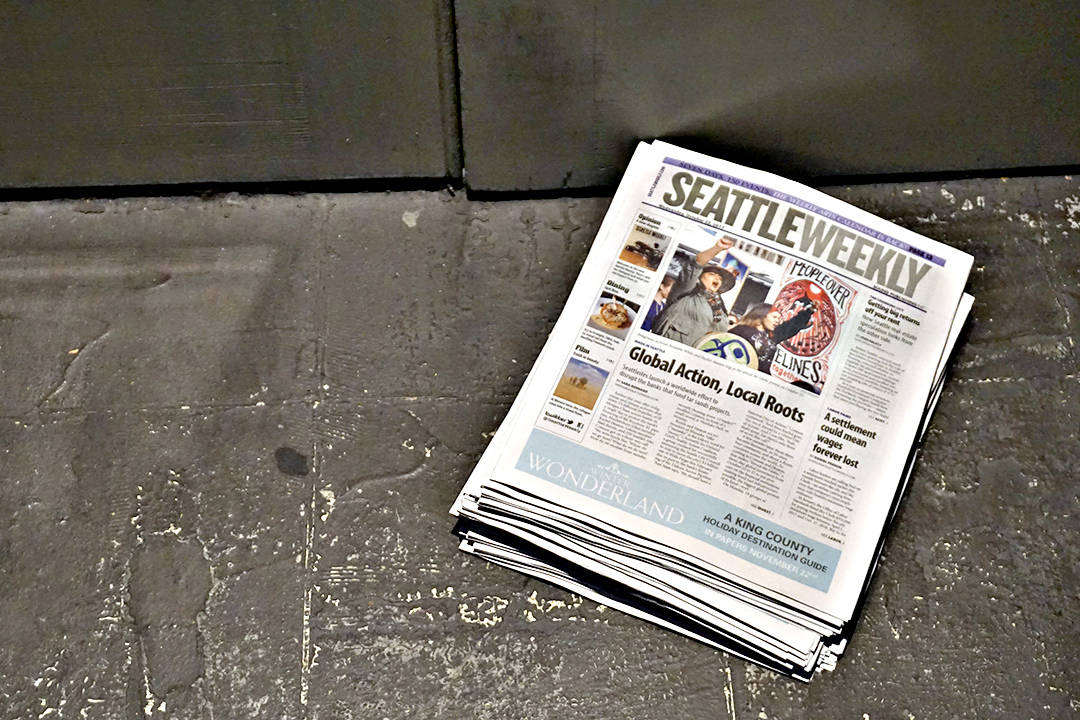When Lorraine Hansberry’s A Raisin in the Sun premiered on Broadway in 1959, New York Times critic Brooks Atkinson wrote that it was a work “likely to destroy the complacency of anyone who sees it.”
That production of this play, the first work by an African American woman to be produced on Broadway, came at a time fraught with racial tensions. Written in the shadow of the Montgomery, Ala., bus boycotts, and first produced a half-decade before the passage of the Civil Rights Act, the story of the Younger family laid bare the personal toll that a culture of racial discrimination can take on a family. In Hansberry’s stunningly realistic, devastating, and often humorous prose, the audience was shown how the pressures of an oppressive culture can threaten to tear a family apart. The play seeks to answer, in dramatic form, the question posed by Langston Hughes in the poem that inspired the title. “What happens to a dream deferred?” the poet wrote in “Harlem” in 1951. “Does it dry up like a raisin in the sun?”
It’s easy to imagine that Seattle Rep chose to stage this historical work at this particular moment in the hope that it might achieve what Atkinson predicted more than 65 years ago. For all the progress that has been made in the time since that premiere, we still live in a culture largely shaped by racial inequality—one that is once again threatening to explode.
Yet Seattle Rep’s Raisin is still very much a product of Hansberry’s time, a family drama caught in amber. Yes, the play does stand as a case study of institutional racism, and there are moments when the parallels to today’s struggles are striking, but the success of this deeply moving production, directed by Timothy McCuen Piggee, is owed not to its bold politics, but to its purposeful restraint. The focus here is on the experience of a singular family and, through a collection of strong performances by an able cast, an innocence lost.
That experience is contained, for the entirety of the play’s three acts, in a single tenement on the south side of Chicago, a cozy two-bedroom home convincingly distressed and modestly appointed by scenic designer Michael Ganio. It is here that the five members of the Younger family live—grandson Travis sleeping on the couch, grandmother Lena and daughter Beneatha sharing a bedroom, and son Walter Lee and wife Ruth sharing another. These cramped conditions were once, somehow, more cramped before the passing of the family patriarch Walter Sr. His death is indirectly the catalyst for the play’s drama, a much-anticipated $10,000 life insurance check sparking the differing dreams of some family members.
The actors playing those dreamers deliver the play’s strongest performances. Richard Prioleau’s Walter Lee is a ball of energy, his nervous physicality capturing the essence of a man who desperately wants to start his own business. Claudine Mboligikpelani Nako as Beneatha flexes easily from righteousness to uncertainty and back again as her character, a Janus figure in a tumultuous era, experiments with issues of identity that have her fantasizing about using the money to pay her medical-school tuition one moment and dreaming of running off to Africa the next. Matriarch Lena has a different dream, one that would move her family out of its crowded rental and into a home in the white neighborhood of Clybourne Park. Such a move requires a certain resolve and faith, both of which quietly exude from Denise Burse.
Viewing the situation from 2016, when our country’s ugly history of housing discrimination has been well-documented, it might also appear to be incredibly naive. Perhaps—or perhaps maybe it’s just plain old bravery. A Raisin in the Sun, Seattle Repertory Theatre, 155 Mercer St., seattlerep.org. $16–$75. All ages. Showtimes vary. Ends Oct. 30.
mbaumgarten@seattleweekly.com








